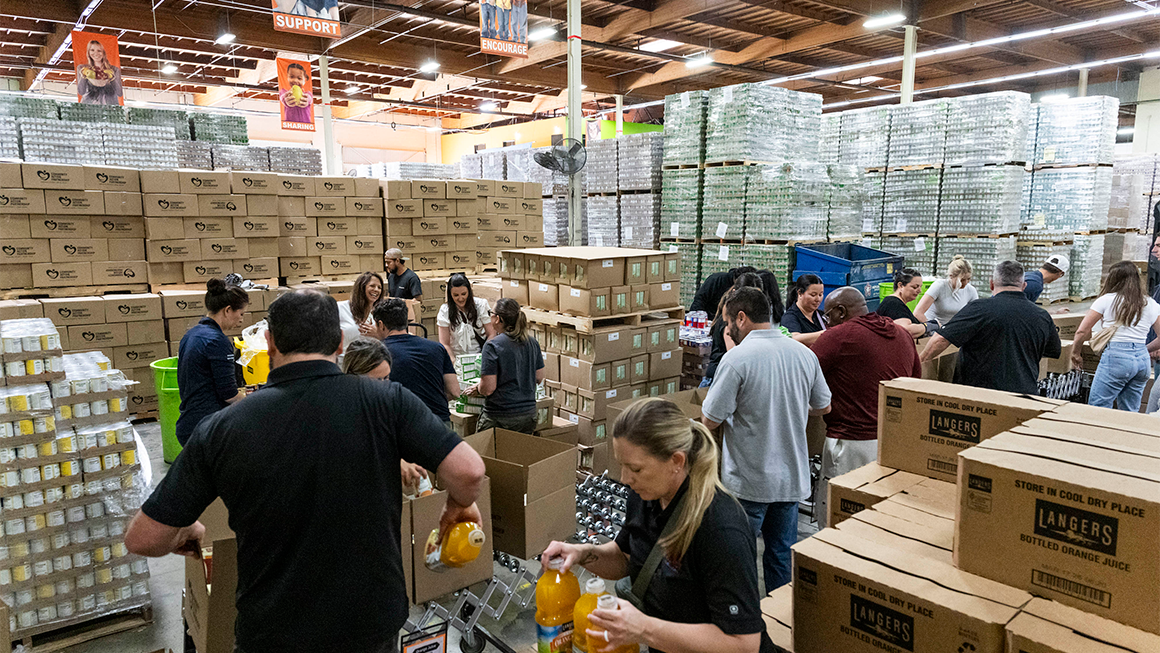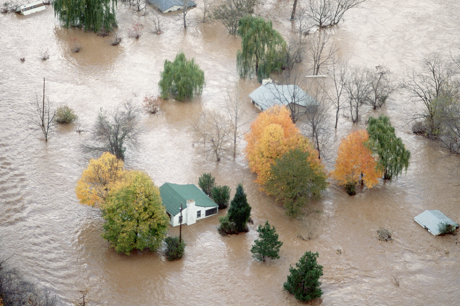Articles and analysis on today's issues

Federal cuts to the Supplemental Nutrition Assistance Program could cause some DC-area families to lose an average of $187 in monthly benefits.
To Increase Investments in Transportation, Policymakers Must Account for Local Leaders’ Unofficial—but Powerful—Influence Setting maximum timelines for project deliberation and being able to quickly assess the costs and benefits of a proposed change will help speed infrastructure investments and ultimately ensure more people can access transportation.Five Steps to Assess and Simplify Access to State Child Care Subsidy Systems Expanding access to child care subsidies not only helps parents work but allows families with low incomes to choose the care best for them.Millions of Consumer Complaints Could Go Unanswered Without the Consumer Financial Protection Bureau The CFPB helps consumers nationwide—but staffing cuts could jeopardize its ability to fulfill that mission.Proposed Cuts to Federal Disaster Assistance Will Hit States Just as Hurricane Season Ramps Up In the lead up to hurricane season, the Trump administration has proposed changes to federal disaster assistance, which would result in fewer disasters qualifying for federal aid and state and local governments being responsible for a larger share of recovery costs.Sustaining DC’s Pay Equity Fund Would Stabilize Families and Child Care Centers As DC faces economic uncertainty, a fund that continues to help child care providers pay their staff competitive wages will boost educator compensation, keep child care businesses open, and help families raise their children in the District.In a Divided America, How Can We Measure Social Connection? Social connection is critical to a thriving society and healthy democracy—but it’s declining in the US. The first step to boosting social connection is accurately measuring it in our communities.





